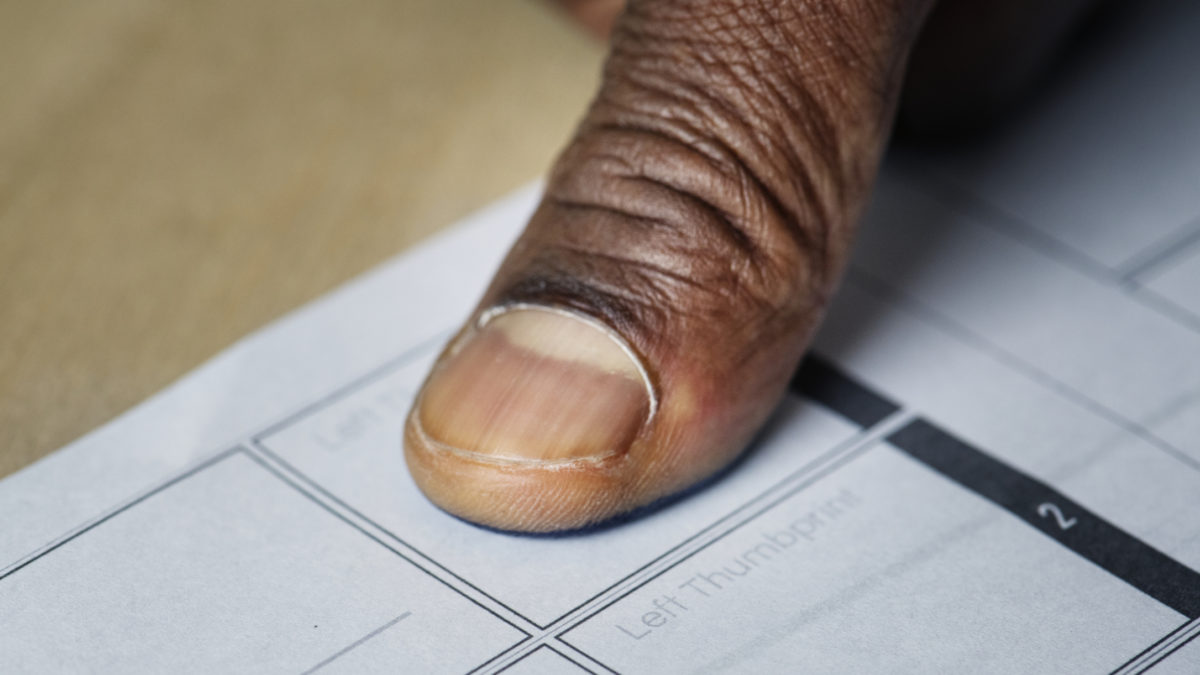
Meanwhile…
On 27th June, the leader of the opposition Malawi Congress Party – Lazerus Chakwera – won a rerun of last year’s nullified presidential election, unseating the incumbent, Peter Mutharika. This was an important moment, not only for Malawi’s political system, but also for democracy in Africa. However, as Covid-19 continues to dominate the headlines, Chakwera’s victory, alongside a variety of other events taking place across the continent, has been relegated to a subordinate position in the news cycle. Coronavirus undoubtedly has significant implications for Africa but, meanwhile, life on the continent goes on and it is important not to overlook other events, which are shaping Africa’s future.
Democracy Strengthened in Malawi
Although it is not new for incumbent presidents to be unseated in Malawi, with two sitting presidents defeated at elections since the reintroduction of multi-party democracy in 1993, the importance of Chakwera’s victory should not be downplayed. In February, Malawi became only the second country in Africa to annul a presidential election, with the constitutional court ruling that electoral irregularities were so widespread in the 2019 poll that the “integrity of the result was severely compromised”. This was a brave assertion of judicial independence by the court’s five judges, who had to be escorted to and from court premises by the military and wore bullet proof vests throughout the ruling.
The election was rescheduled for 23rd June and, despite pressure being exerted on the judiciary, military and the electoral commission by Mutharika’s Democratic Progressive Party (DPP), the election took place as planned with no independent reports of irregularities. Attempts were made by the DPP to replace both Malawi’s chief justice and the commander of the Malawi Defence Forces in the lead up to the election, and the party called on the electoral commission to annul the vote after initial results suggested an opposition victory. Importantly, all three institutions maintained their independence and enabled a peaceful democratic transition of power. This not only strengthens Malawi’s multi-party democracy, but also sets a precedent for other African countries, particularly in the Southern African Development Community, and could influence the outcome of future elections across the continent.
Crisis Looming in Côte d’Ivoire
On 8th July, Côte d’Ivoire’s prime minister and presidential candidate for the ruling Rassemblement des Houphouëtistes pour la Démocratie et la Paix (RHDP) – Amadou Gon Coulibaly – died suddenly, creating uncertainty about who will be the ruling coalition’s candidate at the election on 31st October. Days later, Vice President Daniel Kablan Duncan – who was seen as a potential replacement for Coulibaly – resigned, creating further uncertainty. Although President Alassane Ouattara stated that Duncan resigned for “personal reasons” and has wanted to stand down for the past five months, there are suspicions that his resignation is linked to disagreements over who should replace Coulibaly as the RHDP’s candidate. In March, after months of speculation, Ouattara made the surprise announcement that he would not seek a constitutionally questionable third term; however, with the death and resignation of two close allies, it appears that this is once again on the cards. While there are alternative candidates, such as Minister of Defence Hamed Bakayoko, it remains to be seen whether the president will throw his weight behind anyone but himself.
If Ouattara decides to stand again, this will produce significant political instability in the country, as opposition parties will almost certainly submit legal challenges to his candidacy and may also organise mass protests. Given that it seems increasingly likely that the other candidates in the election will include Ouattara’s adversary in the 2010-2011 post-election violence – Laurent Gbagbo – and a former Ouattara ally and rebel leader, who has been convicted of corruption in absentia – Guillaume Soro – such tension has the potential to cause widespread unrest and political violence. As Côte d’Ivoire’s military still suffers from political, ethnic and religious divisions, this unrest could have significant consequences for the country, which is yet to have a peaceful democratic transition of power and borders the restive Sahel region, which has been beset by Islamist insurgencies.
Pressure Mounts in Mali
Anti-government protests, which started in June and stem from the controversial legislative election in April, intensified in early July, with demonstrators occupying the state broadcaster and attacking Mali’s parliament. This led to clashes with security forces in which at least 11 demonstrators died and hundreds were injured. The demonstrations have been organised by M5-RFP, a group of religious, political and civil society activists, which has coalesced around the influential imam Mahmoud Dicko. Although Dicko has urged his supporters to exercise “patience and good behaviour”, tensions remain high in Bamako and further protests are likely.
President Ibrahim Boubacar Keita has tried to appease the protestors, dissolving the constitutional court, which was at the centre of the controversial legislative election, and stating that he would consider re-running the election in certain areas of the country. He has also ordered the release of political opponents detained during the demonstrations and his son, who has been a target of the protestors’ criticism, has resigned from his position as chair of the parliamentary defence committee. Despite such concessions, there is little sign of M5-RFP retreating from its demands for the National Assembly to be dissolved and President Keita to resign. Although the current protests certainly stem from the election in April, they are also fuelled by the government’s handling of the economy and the jihadist insurgency in the north of the country. As a result, it is likely that protests will continue, which could lead to significant unrest in Bamako for months to come.
This article originally featured in Africa Integrity’s July 2020 Newsletter. To join our newsletter mailing list, please contact us.